It's A Wild, Weird Time To Live On Planet Earth
Australia is in the midst of the worst heat wave on record, but that’s just the start. Around the world, 2015 saw exceptional droughts, deadly heat waves and massive wildfires. Add in earthquakes, landslides, and a brewing El Niño and we’re convinced our planet is trying to kill us.
Hottest, Hottest, Hottest
May was the hottest May on record. June was the hottest June on record. July was the hottest July on record. August was the hottest August on record.September was the hottest September on record.October was the hottest October on record. November was the hottest November on record.
As for December? It’s going out in a blaze of chaotic glory. Those living on the East Coast enjoyed July-like weather this Christmas, while the North Pole experienced July-like weather yesterday.
Even if December did turn out to be abnormally cold — hah! — there’s still very, very good chance it will be the hottest year on record by a wide margin.
Five Hundred Year Drought
As California entered its fourth year of exceptional drought, the science started to catch up and put our thirsty predicament in context. According to a new Nature Climate Change study, California’s drought is officially the worst in 500 years, maybe a millennia. While it would have been a bad drought whether or not humans were messing with the atmosphere, anthropogenic climate change has made the situation worse, according to another scientific paper published this summer. And while El Niño will bring some much-needed water to parched regions, the extra rain is unlikely to end the drought.
By September, California had plenty of company — over half the country was in drought. The west, the southern plains, and the east coast were all short on precipitation. Really, only the central and northern interior avoided being left high and dry.
Heat Waves Galore
Global average temperatures may sound a bit abstract, but this year’s record-smashing heat waves were as visceral as they come. A late May heat wave in India claimed over 2,500 lives, with temperatures in New Delhi hovering around 113 ºF for days on end. In July, the Middle East roasted as a “heat dome” descended across a vast region from Dubai to Beirut. Factoring in humidity, the air in Bandar Mahshahr felt like 165 ºF. According to a scientific paper published this year, deadly heat waves like this could render parts of the Persian Gulf unfit for human habitation by the end of the century.
The northern hemisphere has finally cooled off — sort of — but now, southern Australia is in the midst of the worst heat wave on record.
Exceptional Storms
While heat records were being shattered, exceptionally warm oceans fed into killer storm systems. This year we saw rare floods, unprecedented storm clusters, and record-breaking winds.
South Carolina dodged a hurricane only to get drenched by an atmospheric river dumping on the state. Some locations reported over 1m (0.6 meters) of rain in days. Widespread flooding hit the state with evacuations and water rescues.
Typhoon Kilo, Hurricane Jimena, Tropical Storm Ignacio, and tropical depression 14E invade the warm Pacific Ocean. Image credit: NASA
Storm season kicked off with a bang with a record-breaking number of severe storms marching across the Pacific. Scientists were left slightly stunned that they’d previously been impressed any time they found two storms in the basin at a time.
Satellite image of Hurricane Patricia and its 322km/h winds. Image credit: NASA
We also got the single most furious tropical storm in history. Hurricane Patricia built up to the strongest tropical storm ever recorded in just a few days. Thankfully it managed to make landfall on a patch of Mexican coast with a low population density. The storm killed several people and destroyed hundreds of buildings, but it could’ve been much worse if the winds had blown in a slightly different direction.
Cyclone Chapala advancing on Yemen in October. Image credit: Google Earth/SSEC
And then things got really weird. Yemen was smacked by a hurricane. Then it got hit by another. If it wasn’t strange enough to have hurricanes in a desert, Yemen had more hurricanes in a week than Florida did in the past decade. This can’t be good.
The hot, weird storm sitting above the North Atlantic. Image credit: earth.nullschool.net
And then there’s the mega-weird storm that tracked across the United States this past week week,bringing blizzards, deadly tornadoes and flooding to New Mexico, Texas, and the Midwest. As Storm Frank churned northward, it brought heavy rain to the the UK and abnormally hot air to the Arctic — so hot, in fact, that temperatures rose above the freezing point at the north pole yesterday.
Meanwhile, other El Niño-fuelled storms have brought the worst flooding in fifty years to parts of Paraguay, Uruguay, Argentina and Brazil this month. Overall, the winter of the Godzilla Chris Farley climate-aggravated Niño has met and exceeded our expectations for weirdness, and it’s still just getting started.
Trashed Food
Algae bloom across the west coast this summer. Image Credit: NOAA
Adding insult to injury, El Niño is indirectly trashing our crops. Along with droughts, fires, and storms, the warm oceans fostered a massive algae bloom, stretching all the way from Alaska to Mexico. One of theblooming algae species excretes domoic acid, a naturally-occurring toxin. It worked its way up the food chain into crabs and fish, resulting in seafood bans. Grr!
Landslides
The awful combined power of extended drought, slope-stripping fires, and severe rains wrecked havoc on California with flows of thick, sludgy mud. The worse part? We’re probably going to get even more landslides as storms keep pounding soil too dry to absorb it.
On the far side of the ocean, severe rain triggered one of the largest landslides in history. Hundreds millions of tons of rock and dirt slid down the hills of China, but thankfully in a region so isolated that no one was killed. Even more impressively, due to thick seasonal cloud cover we didn’t even spot it until November!
Megafires
Smoke trails from Paradise Fire, which consumed over 1,200 acres of Olympic National forest this summer. Image Credit: Olympic National Park
The world went up in flames this summer, thanks to a combination of tinder- dry conditions and high temperatures. By the beginning of July, there were hundreds of fires actively burning across the state of Alaska, and plumes of smoke were wafting thousands of miles south into the Midwest. In Washington state, one of the wettest rainforests on Earth burned. Half a world away, Indonesia was also in the midst of a devastating fire season. By mid October, the island nation had seen nearly 100,000 forest fires, which were collectively emitting more carbon than the entire US economy.
We also learned that epic fire seasons like those of 2015 are going to become more normal in our hotter, drier future.
Intense Earthquakes
The one aspect of 2015 that was fairly normal was its earthquakes. The planet was shocked with the usual assortment of mild, moderate, and massive earthquakes, so the only real question was who’d be unlucky enough to get hit.
The Chilean megaquake was followed by days of aftershocks, and shifted the coast by several feet. Image credit: NASA/Joshua Stevens
Chile lost the role of the dice with this year’s megaquake. A magnitude 8.3 earthquake struck the country in September, accompanied by a local tsunami. Luckily, the country has doubled-down on improving infrastructure, enforcing building codes, and encouraging personal preparedness in recent years. Despitemoving the ground by up to several feet, the catastrophe resulted in only a handful of deaths and minimal damage.
A magnitude 7.8 earthquake causes severe damage in the Kathmandu Valley of Nepal on April 25, 2015. Image credit: AP Photo/ Niranjan Shrestha
While smaller, Nepal’s earthquake emphasised the dangers of poor building construction. The magnitude 7.8 earthquake in April produced substantial shaking, and even shrunk Everest. But the true catastrophecame from widespread building collapse as entire villages were flattened by the earthquake. We still don’t have a final confirmed fatality count for the catastrophe, and probably never will.
It Might be Weirder in 2016
A rare winter flood in Pacific, Missouri on December 30, 2015. Image credit: AP Photo/Jeff Roberson
El Niño hasn’t hit disaster status yet, but it’s the looming catastrophe that will shape 2016. After months of will-it-or-won’t-it, the weather phenomena amplified to match the worst El Niño on record. For the year ahead, we can look forward to a conveyer belt of storms drenching the west coast and even weirderweather everywhere else.
http://www.gizmodo.com.au/2016/01/it-was-a-wild-weird-year-to-live-on-planet-earth/




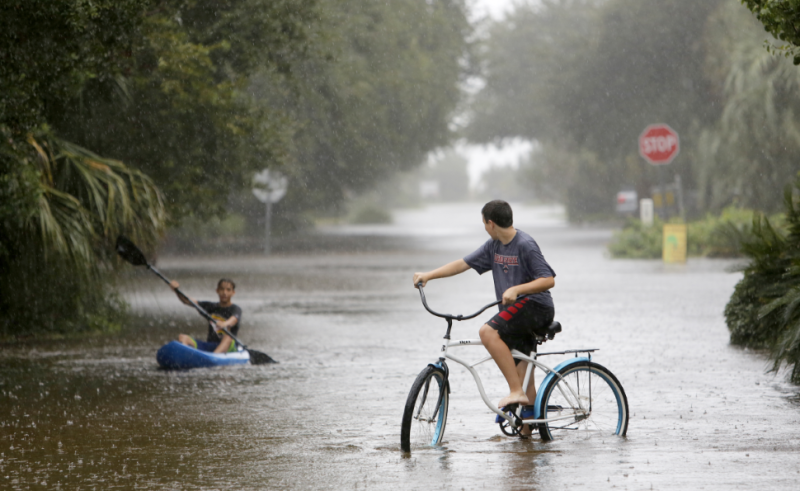

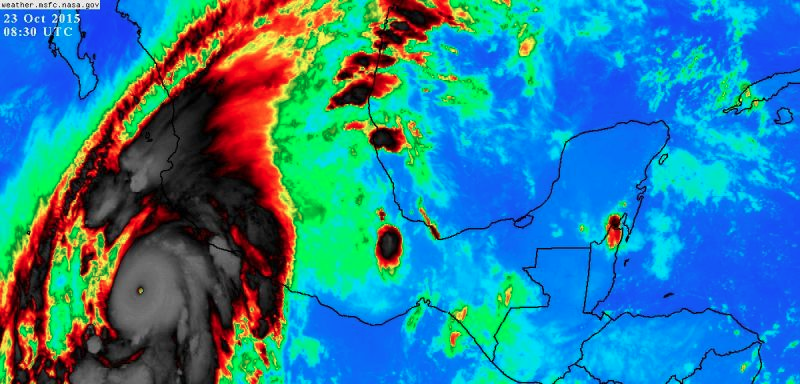
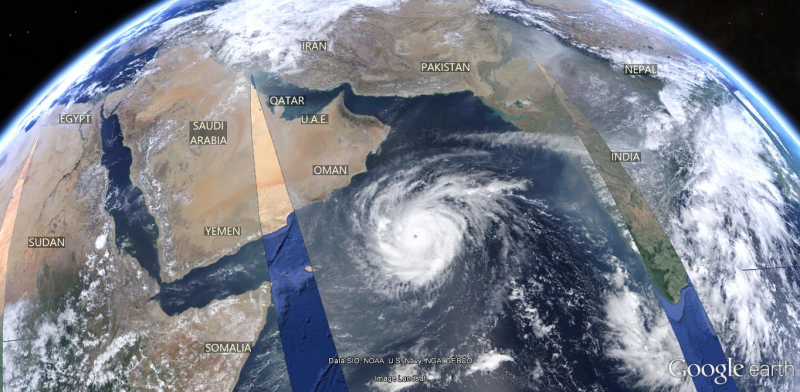
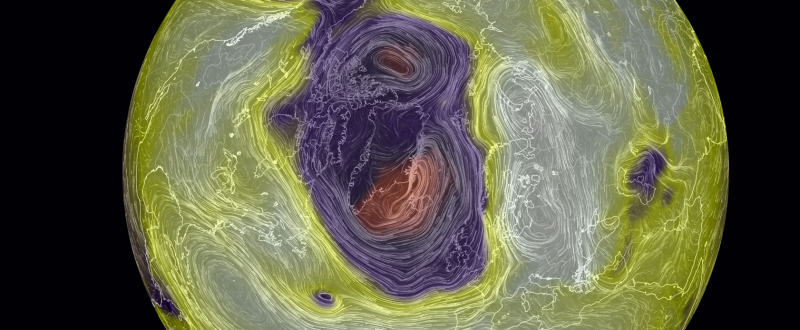
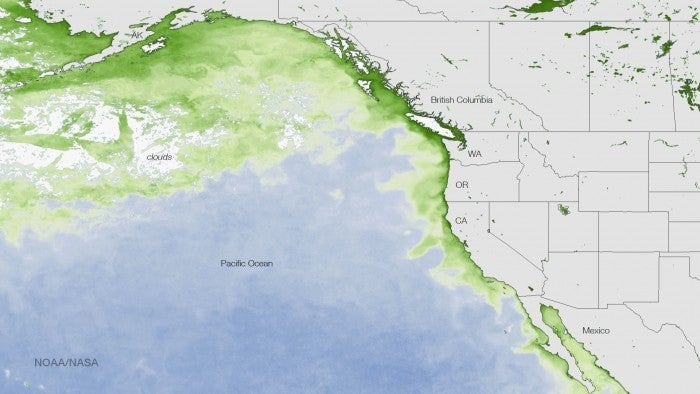
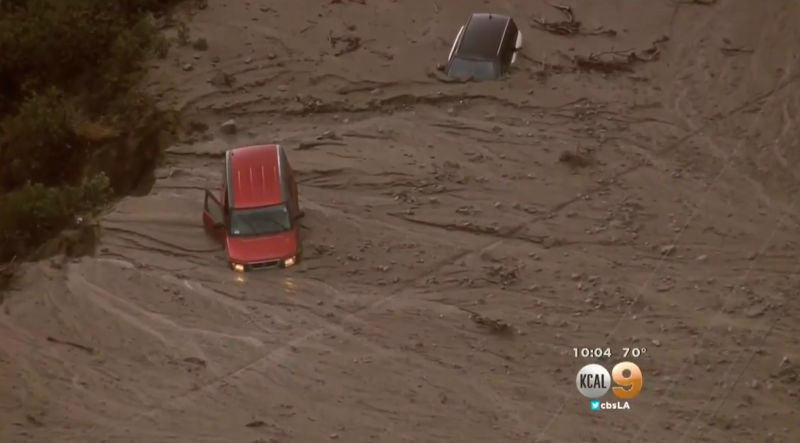
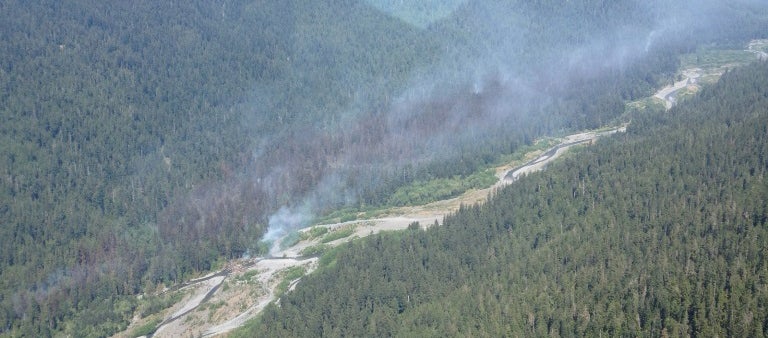
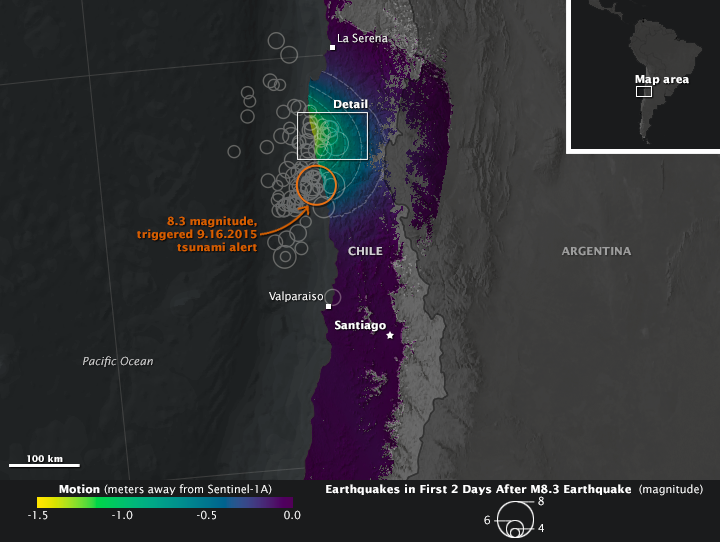
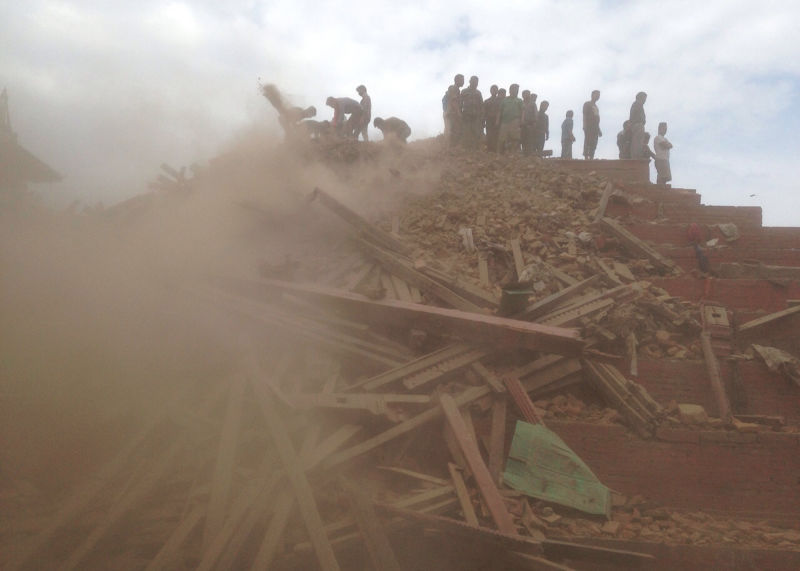
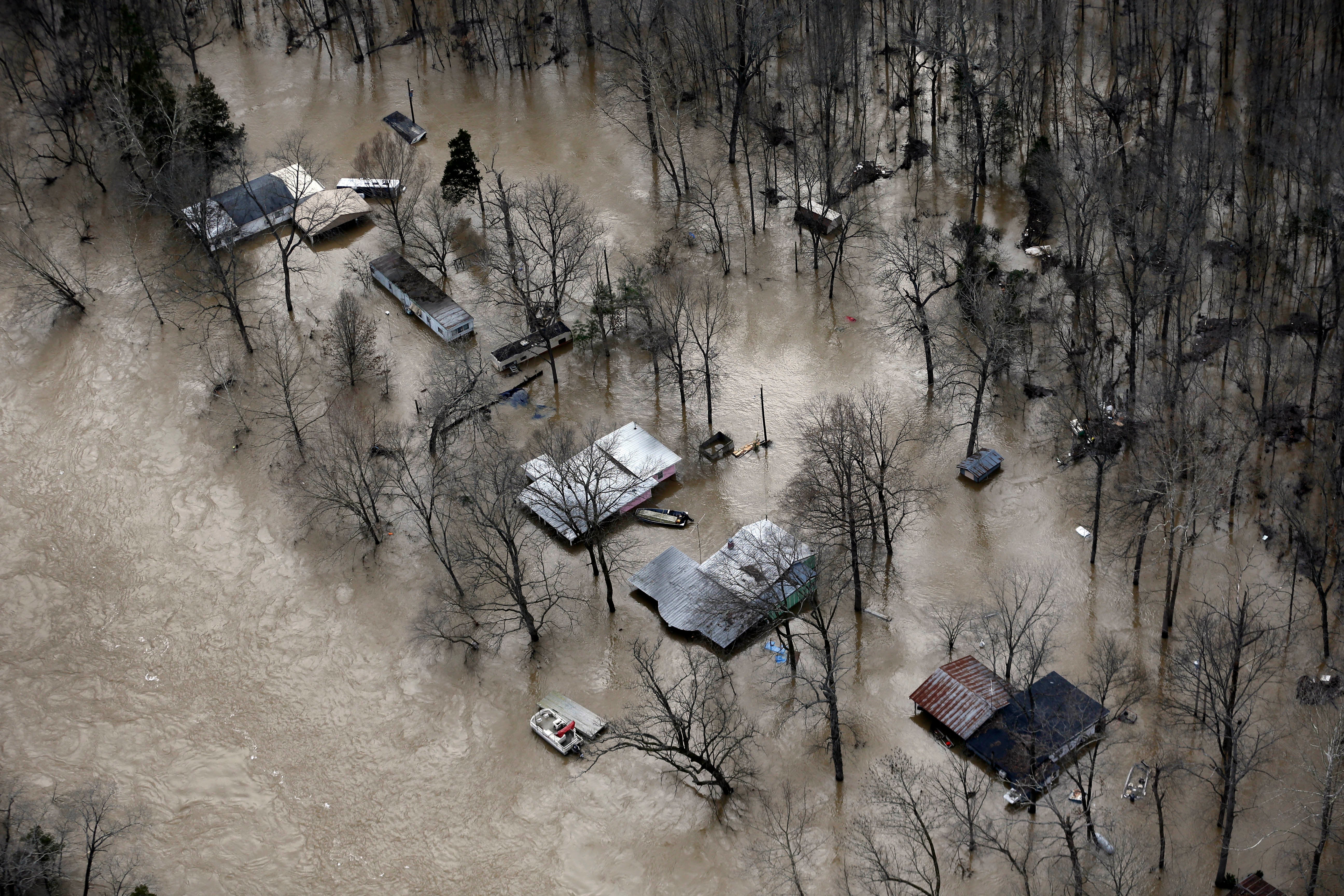
No comments :
Post a Comment